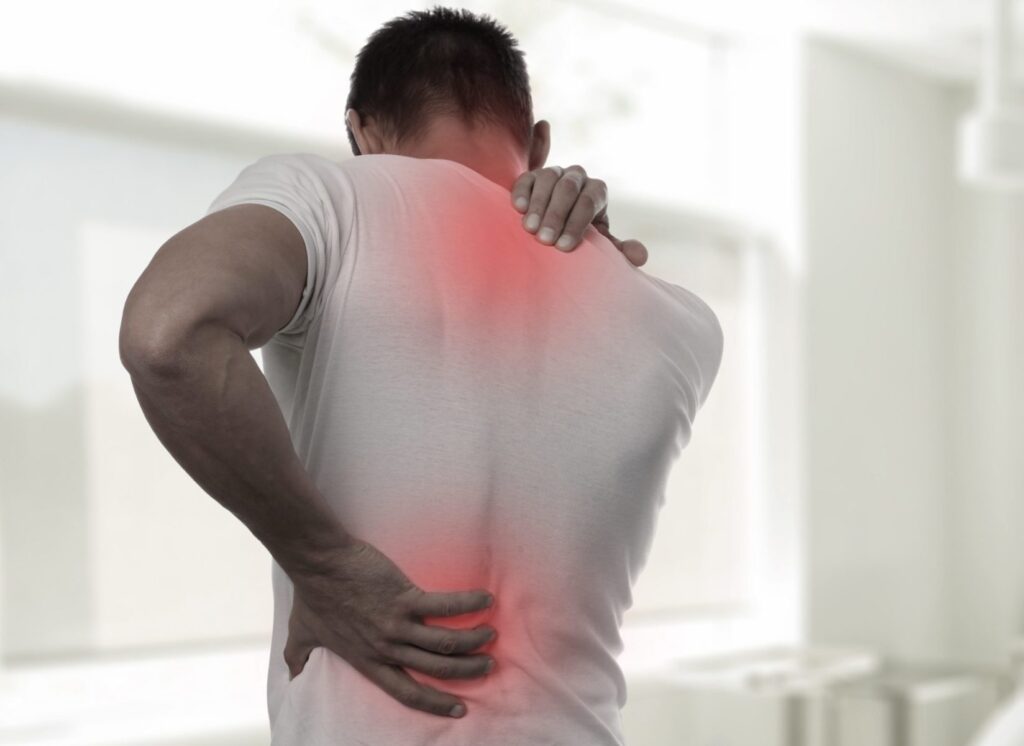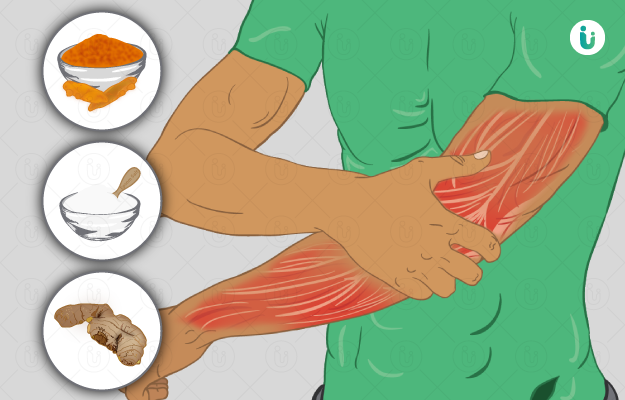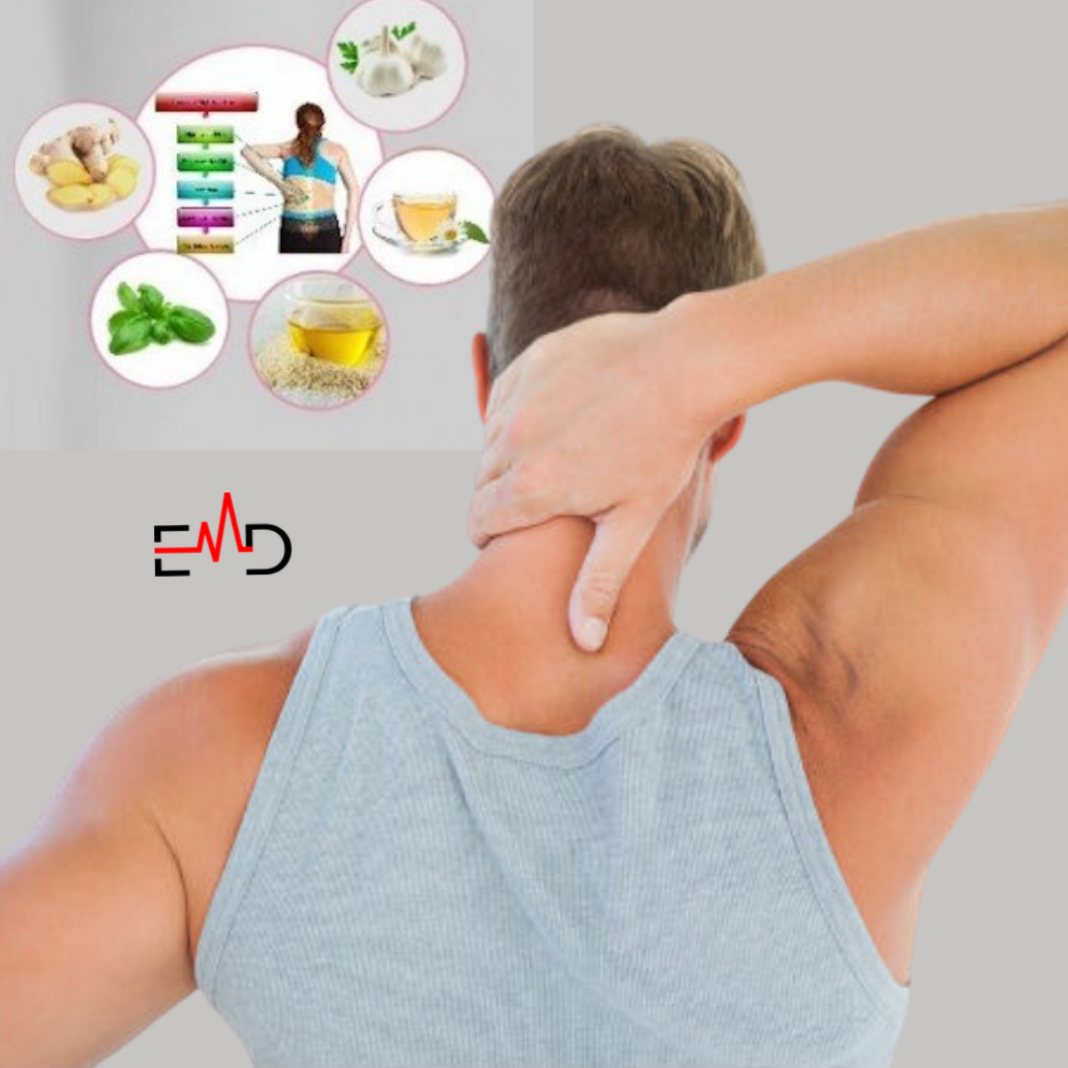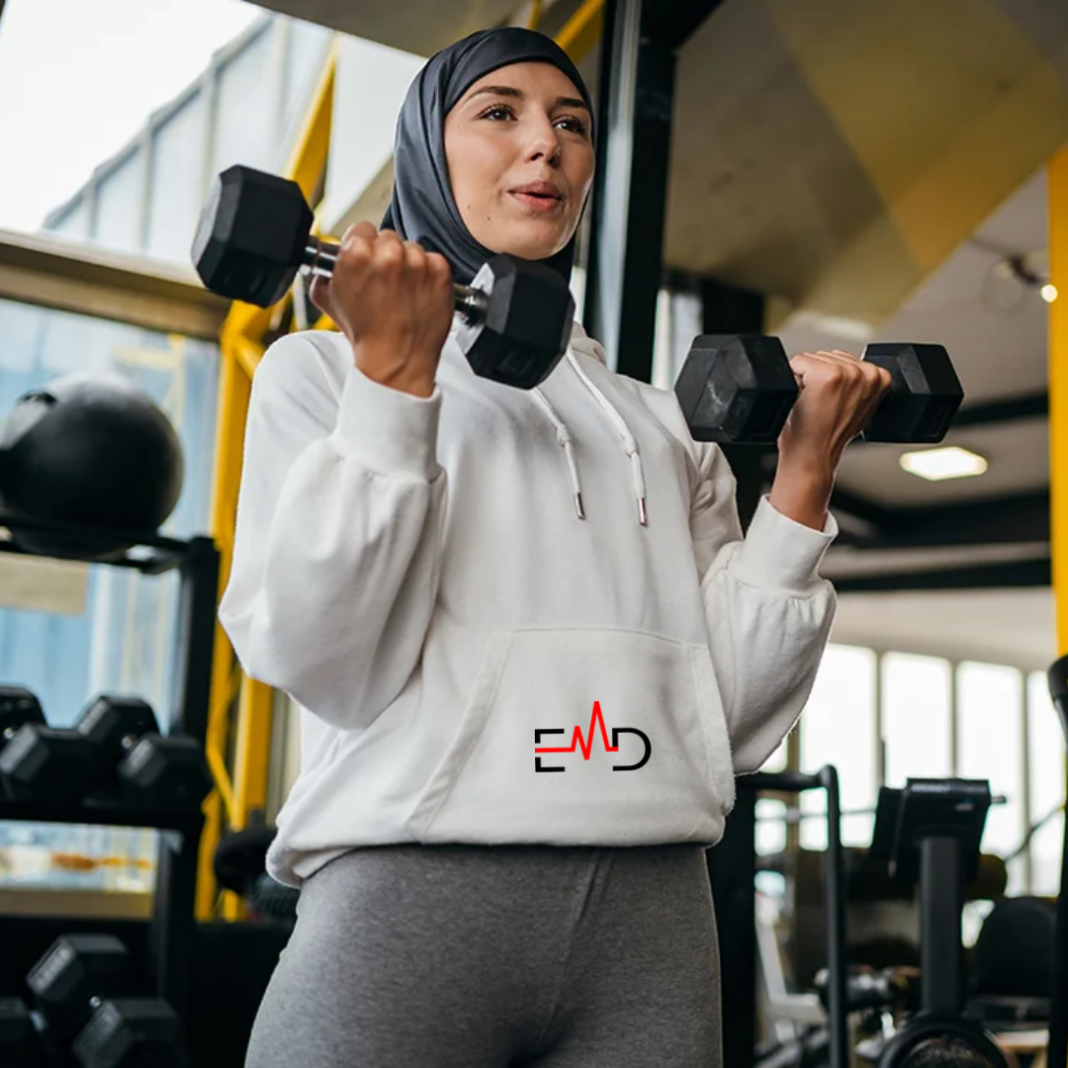Exercise Daily – Muscle pain is a common ailment affecting people of all ages and fitness levels. Muscle pain can be uncomfortable and disruptive, whether it’s from a strenuous workout, an injury, or simply everyday activities. Fortunately, several natural remedies can help ease muscle pain and promote healing. From warm compresses and Epsom salt baths to essential oils and herbal teas, these natural approaches offer a gentle and effective way to relieve muscle discomfort.
Incorporating natural remedies into your routine can provide significant relief from muscle pain. Many options exist whether you’re looking for a quick fix or a long-term solution. From simple lifestyle changes like stretching and staying hydrated to more targeted treatments like massage therapy and acupuncture, these natural remedies can help reduce inflammation, improve circulation, and promote relaxation, all of which contribute to easing muscle pain and discomfort.
Muscle Pain
Muscle pain can manifest in various ways, including aching, stiffness, tenderness, weakness, and swelling. The severity of muscle pain can range from mild to severe, and it can last for a few days or several weeks.
Causes of Muscle Pain:
- Overexertion: Muscle pain is often caused by overexerting your muscles during exercise or physical activity. This can happen if you push yourself too hard or don’t warm up properly before exercising.
- Injury: Muscle pain can also be caused by an injury, such as a strain or a sprain. This can happen during exercise, sports, or everyday activities.
- Medical Conditions: Some conditions can also cause muscle pain, such as fibromyalgia, arthritis, and lupus. These conditions can cause chronic muscle pain that can be difficult to treat.
- Poor Posture: Poor posture can also lead to muscle pain, especially in the neck, shoulders, and back. This is because poor posture strains your muscles and can cause them to become tight and painful.
- Stress: Stress can also contribute to muscle pain. When you’re stressed, your body releases hormones that can cause your muscles to tense up. This can lead to pain and stiffness in your muscles.

Preventing Muscle Pain
- Warm Up Before Exercise: Warming up before exercise helps to prepare your muscles for activity and reduce the risk of injury. This can help to prevent muscle pain.
- Cool Down After Exercise: Cooling down helps prevent muscle soreness and stiffness. This can also help to prevent muscle pain.
- Maintain Good Posture: Good posture helps to reduce strain on your muscles and joints. This can help to prevent muscle pain, especially in the neck, shoulders, and back.
- Manage Stress: Stress can contribute to muscle pain. Find healthy ways to manage stress, such as exercise, yoga, or meditation. This can help to reduce muscle pain.
- Get Regular Massages: Regular massages can help to relax your muscles and relieve muscle pain.
- Stretch Regularly: Stretching regularly can help to improve flexibility and reduce muscle pain.
Natural Remedies for Muscle Pain
Several natural remedies can help to relieve muscle pain. These remedies include:
1. Heat Therapy
- Use a heating pad or hot water bottle for 15-20 minutes at a time, several times a day.
- Alternatively, take a warm bath or shower to relax tense muscles.
2. Cold Therapy
- Apply an ice pack or cold compress to the affected area for 15-20 minutes several times a day.
- You can also try a cold bath or shower to reduce inflammation and pain.
3. Massage Therapy
- Massage the affected area with firm, gentle strokes for 10-15 minutes several times daily.
- Use a massage oil or lotion to help the massage strokes glide smoothly.
4. Stretching Exercises
- Perform gentle stretching exercises for the affected muscle group several times a day.
- Hold each stretch for 30 seconds to a minute.
- Don’t stretch to the point of pain.
5. Epsom Salt Baths
- Add 1-2 cups of Epsom salt to a warm bath and soak for 20-30 minutes.
- Epsom salt can help to relax muscles and reduce inflammation.
6. Essential Oils
- Mix a few drops of essential oil with a carrier oil, such as coconut or olive oil.
- Massage the mixture into the affected area for pain relief and anti-inflammatory benefits.
- Some effective essential oils for muscle pain include peppermint, eucalyptus, and lavender.
7. Over-the-Counter Medications
- Ibuprofen, acetaminophen, and naproxen sodium are common over-the-counter pain relievers that can help to alleviate muscle pain.
- Follow the dosage instructions on the medication label.
8. Home Remedies
- Turmeric: Curcumin, a compound found in turmeric, has anti-inflammatory and pain-relieving properties. You can take turmeric supplements or add turmeric to your meals.
- Ginger: Ginger has natural pain-relieving and anti-inflammatory properties. You can drink ginger tea, add ginger to your meals, or take ginger supplements.
- Cayenne pepper: Capsaicin, a compound found in cayenne pepper, has pain-relieving and anti-inflammatory properties. Add cayenne pepper to your meals or use a capsaicin cream on the affected area.
- Apple cider vinegar: Apple cider vinegar has anti-inflammatory properties. You can drink apple cider vinegar diluted with water or use it as a compress on the affected area.
- Honey: Honey has anti-inflammatory and pain-relieving properties. You can eat honey or add it to your meals or drinks.

When to See a Doctor
Muscle pain is usually not serious and will go away within a few days or weeks. However, there are some cases where muscle pain can be a sign of a more serious underlying condition. See a doctor if your muscle pain is:
- Severe
- Persistent
- Accompanied by fever, swelling, redness, or weakness
Conclusion
Muscle pain is a common problem that can be caused by various factors. There are several natural remedies and over-the-counter medications that can help to relieve muscle pain. See a doctor if your muscle pain is severe, persistent, or accompanied by other symptoms.
FAQs – Ease Muscle Pain with These Natural Remedies
Q: What are some common causes of muscle pain?
Some common causes of muscle pain include overuse, injury, tension, stress, and lack of exercise.
Q: How can I prevent muscle pain?
To prevent muscle pain, stretch before and after exercising, stay hydrated, maintain good posture, and take breaks from repetitive motions.
Q: When should I see a doctor for muscle pain?
If your muscle pain is severe, persistent, or accompanied by other symptoms like swelling, fever, or redness.
Q: What natural remedies for muscle pain can I try at home?
Natural remedies for muscle pain include massages, hot or cold therapy, stretching, and gentle exercise.
Q: What are some over-the-counter medications that can help relieve muscle pain?
Over-the-counter medications that can help relieve muscle pain include nonsteroidal anti-inflammatory drugs (NSAIDs) like ibuprofen and naproxen and pain relievers like acetaminophen. Always consult a doctor before taking any medication.




